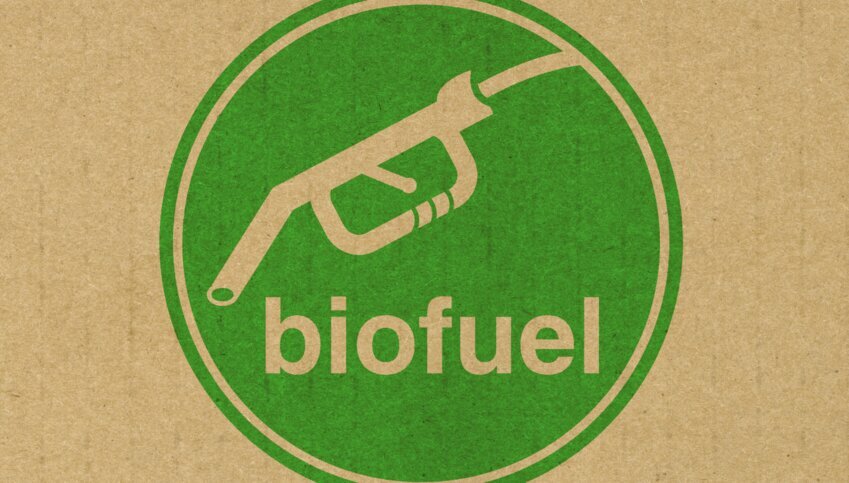 (Credit: Canva Pro)
(Credit: Canva Pro)The U.S. Department of Agriculture (USDA) has revealed plans to invest up to $500 million from the Inflation Reduction Act to expand the accessibility of domestic biofuels.
This investment aims to promote clean energy, lower costs, and drive economic growth, according to the USDA, benefiting small businesses and communities. The initiative will enhance energy independence, open new market opportunities, generate revenue streams for U.S. biofuel production, and create job prospects in rural and farming communities.
The Higher Blends Infrastructure Incentive Program (HBIIP) aims to increase the availability and usage of higher blends of ethanol and biodiesel derived from U.S. agricultural products. The program provides financial support for building and retrofitting biofuel-related infrastructure, with grants covering up to 75% or $5 million of total project costs.
Eligible facilities can convert to higher-blend fuels exceeding 10% ethanol and 5% biodiesel.
USDA has also announced that starting in July, the department will accept applications for $450 million in grants through the HBIIP. These grants will continue to support the development of infrastructure necessary for reducing out-of-pocket costs associated with transportation fueling and distribution.
The funds will be directed toward the installation and upgrading of biofuel-related infrastructure, including pumps, dispensers, and storage tanks. This initiative aims to facilitate the broader adoption of biofuels and encourage their usage in the transportation sector.
Three notable recipients of grants under the HBIIP have been announced.
Kimmes Enterprises from Iowa will replace E15 dispensers and ethanol storage tanks at three fueling stations using a $510,500 grant, expecting to increase annual ethanol sales by approximately 635,000 gallons. Farmers Cooperative Oil Company in Minnesota plans to use a $623,500 grant to replace E85 and B20 dispensers, along with ethanol and biodiesel storage tanks at a fueling station, projecting a boost in annual biofuel sales of nearly 122,000 gallons.
Carmel Terminals in New York was awarded a $1 million grant and will install bioheat and biodiesel storage tanks and related equipment at a fuel distribution facility, aiming to increase annual biodiesel sales by over 16 million gallons. These projects contribute to the expansion of biofuel infrastructure and promote the usage of cleaner fuel options.
Additional awardees will be announced in the coming weeks, further expanding the reach and impact of the initiative.
In December 2022, the USDA allocated $50 million of funding from the Inflation Reduction Act to promote the adoption and availability of higher-blend biofuels through the HBIIP. Secretary Tom Vilsack has now announced the first batch of 59 infrastructure projects that will receive a total of $25 million. These projects will play a vital role in increasing the usage and sales of biofuels.
In addition to USDA's investment, the Environmental Protection Agency (EPA) recently established ambitious biofuel production targets, marking the highest-ever in history. This development, coupled with the USDA's commitment to biofuels, strengthens energy independence and contributes to the growth and stability of the rural economy. The focus on biofuels promotes a cleaner environment, reduces greenhouse gas emissions, and fosters long-term economic viability.
The program's new funding of $450 million will be accessible through quarterly application windows starting July 1, 2023, and going until September 30, 2024.
Editor’s note: Don’t miss the virtual Environment+Energy Leader Solutions Summit ’23 on July 18-19. Learn tangible, innovative solutions to help with sustainable transitions across industries. Speakers from companies and organizations including Schneider Electric, Cority, Jump Associates, Mycocycle, Plainsight, LRQA, the Alliance to Save Energy, and many more will share tactics and lessons that can help you solve your energy management, sustainability, and ESG challenges. Learn more about the #EESummit23, and then register today!